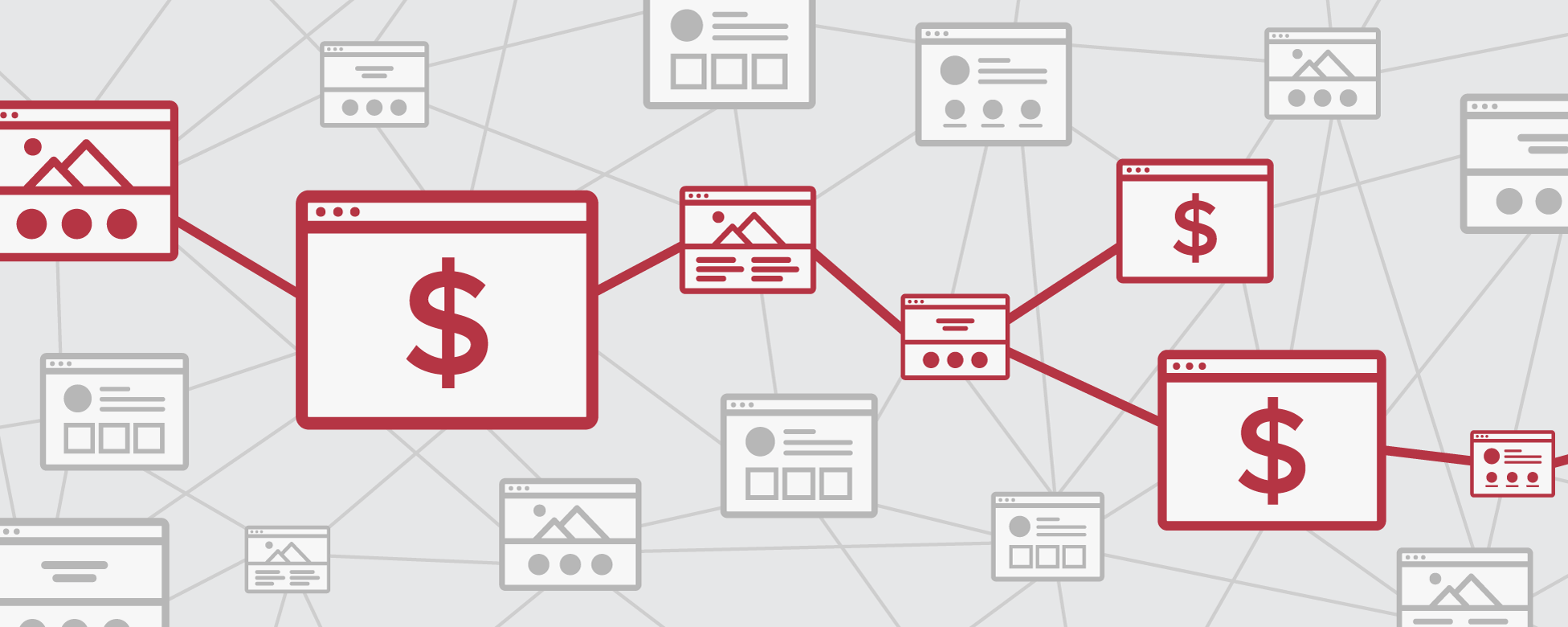Insights
How does the repeal of net neutrality affect you?

A critical vote happened today at the FCC, one that could mean sweeping changes to the internet as we know it. Since 2015, net neutrality rules have been in place that says internet service providers – Comcast, Verizon, etc. – cannot block, slow down, speed up or otherwise alter how we experience the internet. You pay a fee and get access to the whole internet, i.e. everything is neutral.
What the FCC and its leader Ajit Pai, have been working on, however, is a rollback of those preventative measures. With this vote going through, ISPs now have the freedom to decide how the internet gets delivered rather than all things being equal.
So what does that mean for you, as a consumer and from a business perspective? The repeal of net neutrality can be illustrated through one of several scenarios.
Best Case Scenario
The best case is that nothing really changes. The ISPs were true in their statement that they believe in the ideals of net neutrality and will continue to guard those ideals. They simply didn’t want the regulation forcing them to do so.
You will still be able to access any website, app, or service without any changes. And your customers will still be able to access your website, shop from your e-commerce store, or watch the videos you publish.
Worst Case Scenario
In the worst case scenario, among many changes, ISPs will start dividing the internet into buckets each with their own cost associated. For example, they start with a base plan: $25 per month gets you access to 50 popular websites (Facebook, YouTube, Yahoo, Amazon, Walmart, Twitter, Instagram, Target, etc.), an email service, and that’s it. YouTube or Amazon are your only options for video. Amazon, Target or Walmart are your only options to shop online. From there you have to pay more:
- Want more news (CNN, Fox News, MSNBC)? That’s an extra $10 a month.
- Want more social media sites? That’s an extra $5 a month.
- Want more sports? That’s an extra $5 a month.
- Want more streaming video (Netflix, Hulu, etc). That’s an extra $15 a month.
- Want access to the entire internet (like it was before)? That’s an extra $50 a month.
Also in the worst case scenario, you could be forced to use an ISP’s particular service over a competitor’s. Let’s say you have Verizon broadband. Since Verizon owns Yahoo, you would be forced to use Yahoo email and Yahoo.com as your search engine. Any Google product like Gmail or Google.com is blocked unless you pay more. Verizon could also force you to watch its streaming video service (go90) while blocking competitors like Hulu or Netflix unless you pay more. Those companies also have to pay Verizon just to be included at all in its internet plans, which in turn could be passed on to you in the form of higher fees.
From a business and marketing perspective, net neutrality allows for equal and fair competition. As a small but growing winery, for example, the worst case scenario could mean that fewer customers visit your website. If most people opt to pay for only the top sites and email services (or social media), then your marketing strategy dramatically shifts to email (or social media) to reach customers. And the only way people could purchase from you online is through Amazon, Walmart, or Target which affects how you distribute your product. You must be prepared to shift your marketing focus to the most available services online.
Most Likely to Happen
With the net neutrality repeal, the most likely situation will be somewhere in between. ISPs will still provide you access to the whole internet with effects only being felt on the most data-hungry services and competition like music streaming and video streaming services. And these changes will roll out over time.
What is also likely to happen with net neutrality’s repeal is that nothing happens right away. Advocacy groups, state attorneys general, politicians from both parties, and countless other organizations have expressed concerns about this change. Lawsuits will likely be filed to block the repeal, tying up the decision in the court system. Congress could also step in to solidify net neutrality legally, or a future FCC commission could overturn today’s ruling back and restore net neutrality.
The situation is likely not over, but until it is resolved, be prepared to adjust your marketing strategies to the future of the internet.












